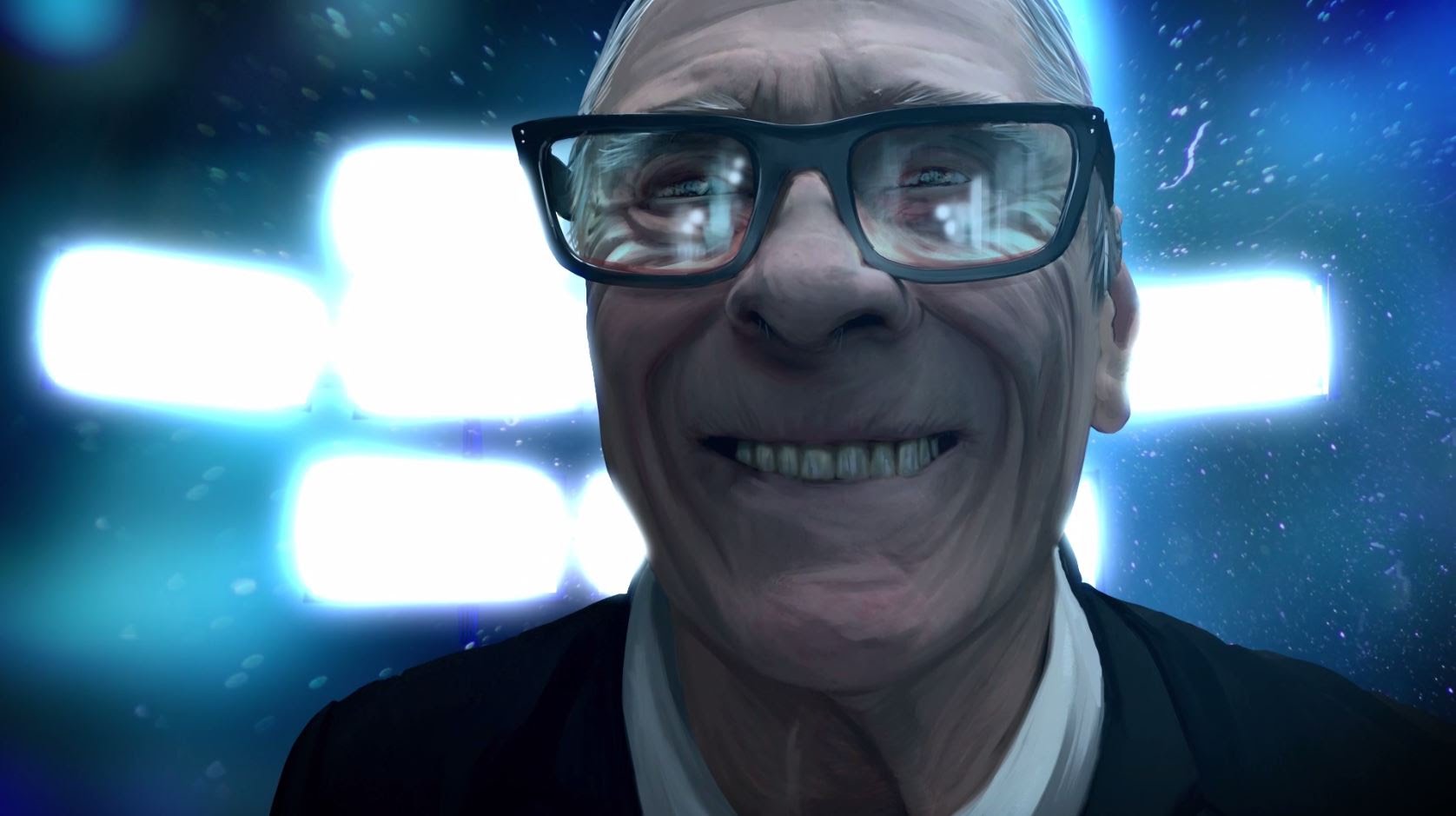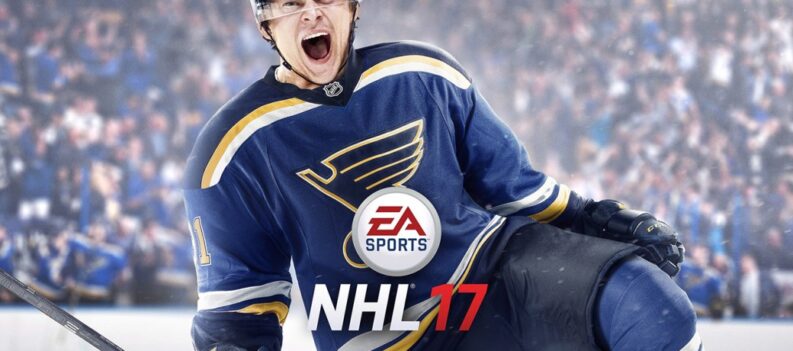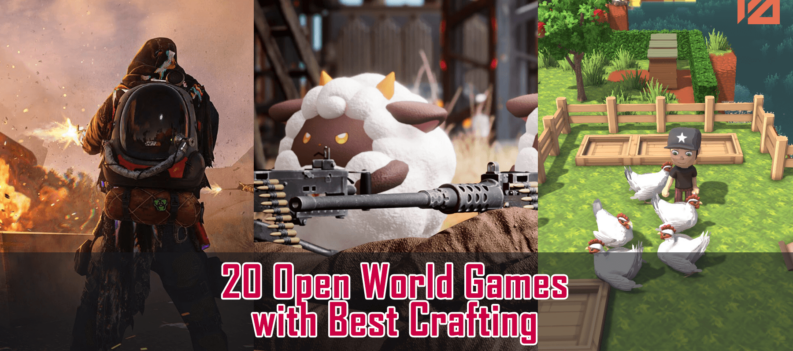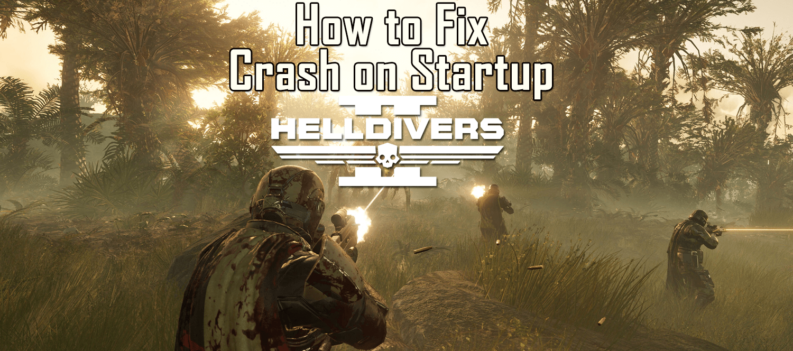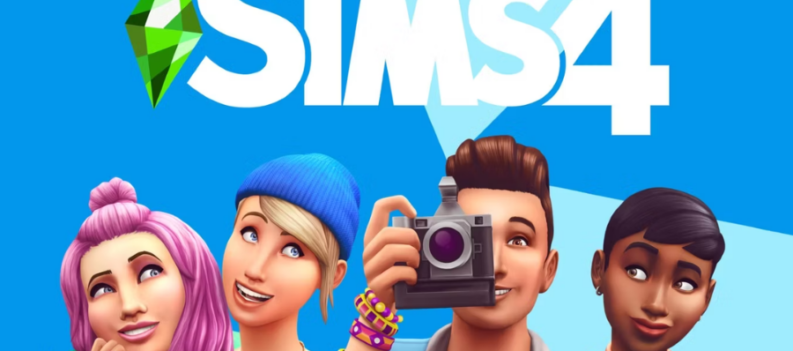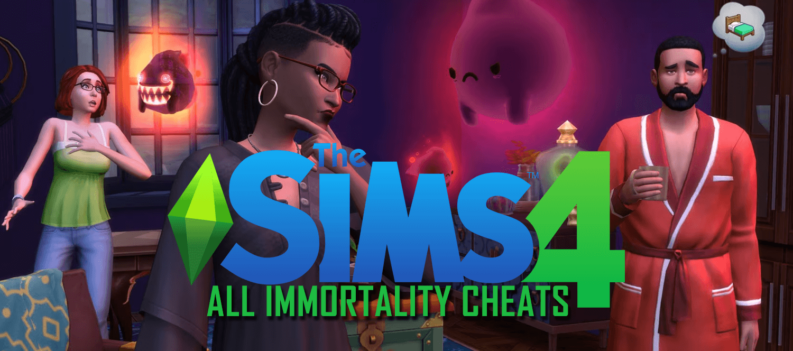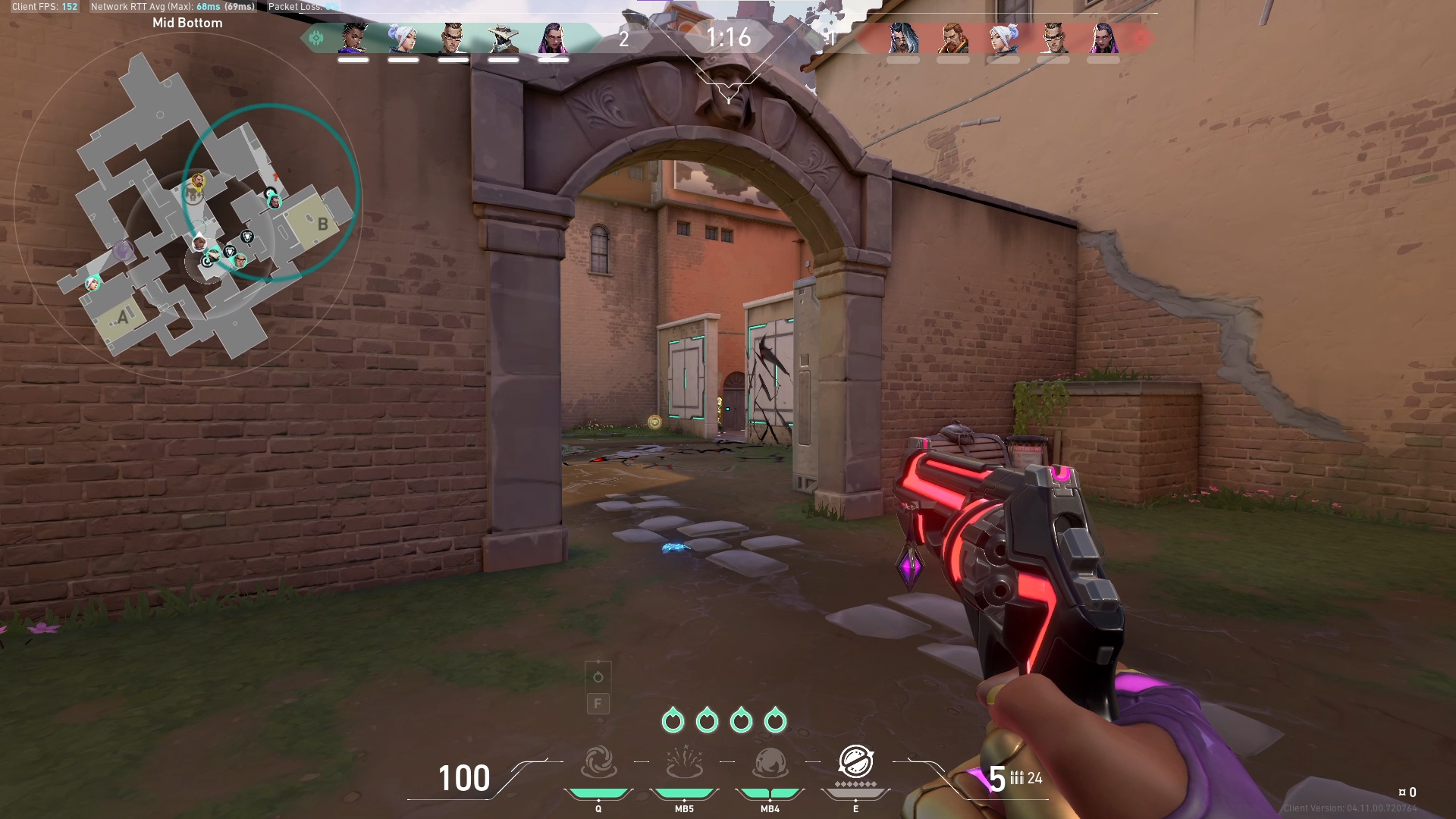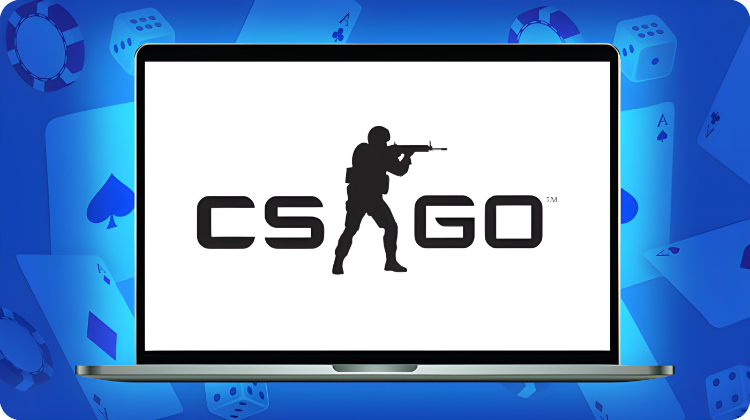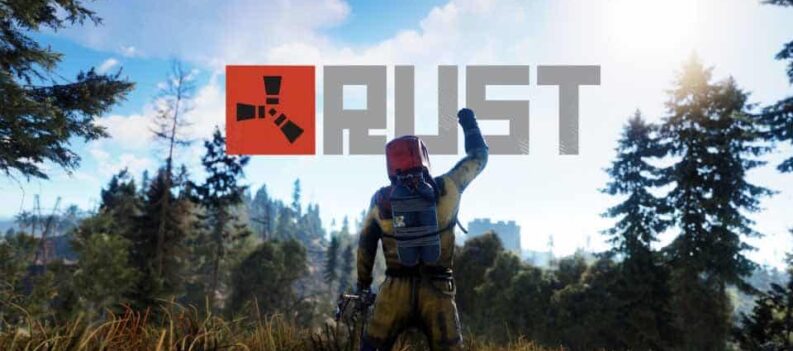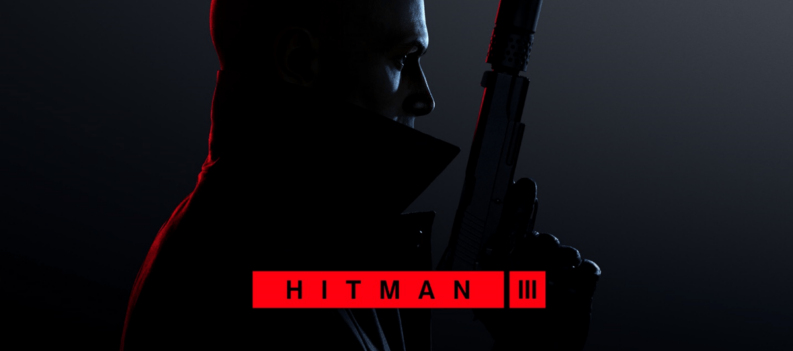Perhaps fittingly for the game’s setting and story; Fabrik Game’s first offering ‘Filthy Lucre’ has sneaked its way onto PSN this week and made off with our undivided attention. The stealth/action heist game looks set to garner some well deserved attention with its unique, consequence driven, sandbox approach to the heist formula. Earlier, Pure PlayStation had the privilege to talk to CEO Graeme Ankers to get the scoop on his studio’s debut game. We’ve recreated the full interview for you below, why not whet your appetite by watching the release trailer above? Looks good, right? Then read on with us to find out more;
Allow us to start by saying this; it’s not everyday you meet a CEO with as much love for his studio’s game as Graeme Ankers has for ‘Filthy Lucre’. Not only is this the Manchester-based studio’s first game, it’s the reason this gathering of industry talent came together in the first place. You could say that this is a passion project for the developer, and from what we’ve seen so far, (stay tuned for our upcoming review) that care and attention runs right through the core of the game. But that’s enough from us, let’s hear what Graeme has to say:
PP: Given that Filthy Lucre is your studio’s first game, some of our readers may not know Fabrik Games just yet, can you tell us a little bit about your studio?
GA: Going back to the start, we founded the studio with the aim to create our own original vision of the heist game. The team came together with talent from studios like Evolution (Motorstorm), Studio Liverpool (WipEout), and Blast Furnace (Call Of Duty: Strike). The idea was to build a quality team with a varied set of skills, so that we could bring something new to the genre. We had this shared vision to create a heist game where players actions would directly affect the game world in that the consequences seen in-game would be a direct result of those actions.
PP: You mention some experienced talent among your team. Was it difficult to assemble a team with the required skills?
GA: Yes, but then it’s always difficult to build a quality team with a varied skill set. Fortunately, there is a great pool of existent talent in the North-West [of England] which we were able to make good use of.
PP: Do you think the opportunity to ‘start from scratch’ as it were, helped you to attract the right people?
GA: Absolutely, the opportunity to start with a blank slate and create a new I.P. is different from a lot of other opportunities in the games industry. Our shared vision has created a great team dynamic and bringing the game from inception to release has been a fun, if challenging, experience.
PP: Let’s talk about your game, Filthy Lucre, what we’ve seen so far is an impressive blend of stealth and action that gives players a lot of options to tackle various heist missions, solo or co-op, as they see fit. Is this a fair summary?
GA: Very, we wanted to create heist scenarios within a given rule set that allowed for unscripted, behaviour driven gameplay that would lead to a dynamic chain of events based on the player’s actions. Plus, we all share the belief that the London gangster/heist theme is just cool. It was actually quite a challenge [from a design standpoint] to create the game in this way. In many respects, it would have been easier to create a series of scripted moments and rinse and repeat. We had to develop our own gameplay language so that we could allow players to trigger encounters as they wanted and to ensure that the consequences of these choices remained persistent throughout the game. For example, how the various load-outs you can take on a mission will affect the moment to moment reactions of your enemies, but the cumulative effect of those choices will impact the rest of the game.
PP: Interesting, but it sounds like a difficult concept to explain. How, then, would you describe the game to the uninitiated?
GA: I would say that it’s a great heist game; you get in, get the job done, then get out again. You can play with friends locally or online and, importantly, you craft the experience. We really want you [the player] to play your way.
PP: The game has all the East End swagger you might expect from British Gangster films like ‘Lock, Stock and Two Smoking Barrels’ or ‘The Italian Job’. Would you say that movies like these were a big influence on the writing for the game?
GA: Yeah, you could say it’s a part of British heritage in a way. We all think that those are some cool films, and it’s really an ingrained part of UK culture. Obviously, we’re not the first studio to make a heist game, we saw the likes of ‘The Getaway’ around the time ‘Lock, Stock’ was released. But, being a UK developer probably influenced us toward this ‘traditional’ setting. We really wanted to take that atmosphere and create a non-linear ‘heist sandbox’. We’re big crime genre fans so that decision wasn’t hard. The real question we had to ask was ‘Can we do this free-form?’ and whether we could recreate credible reactions in our virtual world.
PP: Filthy Lucre definitely has its own identity in terms of your gameplay mechanics. Are there any games you would cite as having an influence on your creation?
GA: Kind of; games like the old [top down] Metal Gear and Grand Theft Auto have, on a mechanical level, done similar things exceptionally well. We’re big fans of course, but we have tried to do things a bit differently. Where those games would take those mechanics and use them to direct the player through a pre-defined story, we have tried to create a sandbox environment with a credible rule set that allows players to use those mechanics to play their way.
PP: Well I think you’ve pretty much answered my next question there, but for the sake of clarity; would you say the missions in the game create a more ‘player-driven’, as opposed to ‘story driven’, experience?
GA: I think so. I wouldn’t, personally, call it a story-driven game. The character of Ronnie, who’s giving you the missions, creates a context for your actions and there’s a back story that will be revealed as you progress. I’d say this is more of a way to create a meaningful context for the story that comes from player choice. We hope the mix of action and stealth gameplay will allow for ‘player stories’. Actually, we’re quite excited to see this game in the hands of the YouTubers and streamers and just see what they can come with. Hopefully we’ll see players beating the missions in ways we never even thought of.
PP: Sounds intriguing. Sticking with that topic; we’ve seen a few of the options for weapons and gadgets on offer early on in the game, and it seems there will be a host of options for the discerning burglar. Just how robust does this arsenal get, and what about customisation?
GA: Oh it gets very robust. The later missions get really challenging and there’s a satisfying curve to the unlock progression where you’ll be getting more powerful items as the difficulty level increases. Each of the items has its own upgrades too, so there’s a lot of scope to follow the path that you feel works best. I would give the example of the ‘noise maker’, sounds innocuous, but I feeds into the dynamic nature of the missions in that it can give you the opportunity to slip by unnoticed, or move a guard into an area where you can take them down silently, and so on. There’s a plethora of items and using the various different options will bring out different responses from the game. One of my personal favourites is the auto-shotgun because… well, it’s fun to cause chaos with a big shotgun.
PP: Agreed. Touching on consequences, then; one thing we noticed that stood out in our hands on time with the game, was a radio broadcast touching on a ‘bloodbath’ at our previous mission location. Is this something we can expect to see more of in-game?
GA: Sure, so there are Radios and T.V’s in the game world that have their own humorous content and will reference previous missions and so forth, but they are also items in the game world that will create noise, so they can be used to distract guards. You might decide not to take people out and get to see these playful interactions as a result.
PP: Let’s talk about co-op. You’ve already mentioned that there will be both local and online co-op involved. How does the challenge increase to accommodate multiple players?
GA: Well, couch co-op was a focus for us, it’s something that has fallen by the way side a little in gaming recently. Of course, it comes with its own set of challenges from a design perspective but we really wanted to give people the option to share these dynamic moments with their friends. In terms of the challenge to the player, the consequences are the key. We tend to find that more players means more mayhem. This can lead to all sorts of entertaining moments; you might be creeping around in one area, then your buddy trips an alarm somewhere and suddenly all hell breaks loose. There’s also a mechanic, which we think has never been done before, where if your partner gets taken out they will be ‘interrogated’. This consists of a ten second ‘window’ where your ‘heat meter’ [this keeps track of how much chaos you cause in-game] is constantly increasing, in turn bringing more guards, so your partner has to decide whether to save you or try to make off with the loot themselves.
PP: That’s interesting, so there’s the opportunity to be a bit underhanded in co-op play?
GA: Oh yes, we felt that this ties in with our idea of a ‘credible’ heist scenario. It feels a bit more real and it’s not something you see very often in games.
PP: Makes sense, it would be hard to imagine that all these East-End gangster types would play nice. This risk v reward mechanic of leaving a mission early to ‘bank’ your loot is there in the single player game as well. Was this a conscious effort to appeal to more sporadic players, who may only have time to dip in and out of the game?
GA: That’s one consideration, in that you can leave missions and bank experience and cash for upgrades and make progress. I think the dynamic scenarios mean this will be a valuable option for any player. It feeds back into the idea of choice – do you want the most loot, or to get away with relative ease? You never know when your circumstances could change, a body might be discovered or some security equipment you tampered with. We want to engage that ‘fight or flight’ response in players and give them the option to react accordingly.
PP: For obvious reasons, and believe me when I say this is not meant as criticism, we’re not talking about big budget ‘triple-A’ graphics with Filthy Lucre. One thing we have noticed though is that attention has clearly been paid to making environments feel consistent and attractive, with little things like lighting and reflection effects that help to draw the player in. Not to mention some appropriately gangstery voice acting from the various enemies. Do you see coherent sound and art direction as being important factors in engaging player’s interest?
GA: Yes, critical factors in fact. Part of the challenge of development is bringing art and sound and all those little factors together with care and attention so that they feel cohesive. You can see this as well, we hope, in the little things like highlighted interactive objects that give indications of an object’s use. It’s all about conveying clarity to the player and delivering the right emotional tone.
PP: Thank you for the in-depth information Graeme. Before we wrap up, I’d like to ask some more general questions about the business of being an Indie Developer if you have time?
GA: Go ahead.
PP: As a UK Indie developer, do you feel there are more opportunities today than perhaps there have been in the past for independent developers with their own vision?
GA: I think so, it’s difficult, and there are a lot of factors involved. You need some luck as well, but there are plenty of opportunities out there. There’s some big talent in the UK industry and a lot of new startups at the moment, either organically – by design or for the more sad reason of larger studios closing. There are more investment opportunities and I would say the barrier to entry is lower than, say, 10 years ago.
PP: Of course, players also seem more willing to give Indie titles a go these days, perhaps thanks to the success stories we have seen like Limbo, or Journey. Would you agree?
GA: Yeah, obviously it’ll never replace triple-A big budget games – which can be great, but it provides a good alternative. I think the gaming audience in general is getting used to trying new experiences. It’s exciting to be part of the UK scene right now.
PP: Further to that, do you think the UK is doing enough to support its home-grown development talent or is there more that could be done?
GA: There’s always more that can be done, but support is starting to materialise. It’s important to keep visibility high, from a business perspective it’s a strong global export for the UK and the industry is growing all the time. We see a lot of innovation [in the Indie market] that is driven by a will to make a game stand out, finding innovative ways to challenge the bigger budget releases through clever art direction and so on. It’s good for the industry, the big games push smaller developers to test their limits and it works the other way round as well.
PP: Thank you Graeme, it has been great to speak with you. Before we let you go, is there anything more you would like to say about Filthy Lucre or your studio’s plans for the future?
GA: Apart from thanking everyone for the interest shown so far, there’s not much else to say. We are working on another project, which is going to be really cool, but I can’t really talk about that yet. That doesn’t mean you’ve heard the last from Filthy Lucre though.
PP: You tease. Does this mean we can expect post release content?
GA: Well I can’t give too much detail, but we do expect there to be post release content for the game. We’d like to get some feedback from the community before we announce anything. We definitely see this as just the beginning for ‘Filthy Lucre’ and we’ll be bringing the game to PC soon.
At this point, Graeme thought he had got away, but before he could escape, we pulled out this old chestnut:
PP: If you had to sum up Filthy Lucre in one sentence, what would you say?
GA: I would say it’s a tactical action stealth game where you, and your friends, play it your way. But beware, your past will catch up with you.
We’re not sure that was one sentence, but Graeme Ankers is such a nice fella, we’ll let him off. Filthy Lucre is available now for PS4 via digital download from the PlayStation Store. Wakey, wakey me old china. Grab some bangers and mash and get over there, before you get a short, sharp, slap to that lovely little boat race. (that’s authentic cockney that is) Stick with Pure PlayStation for our upcoming review of the game, or tell us about your own criminal capers in the comments below.
